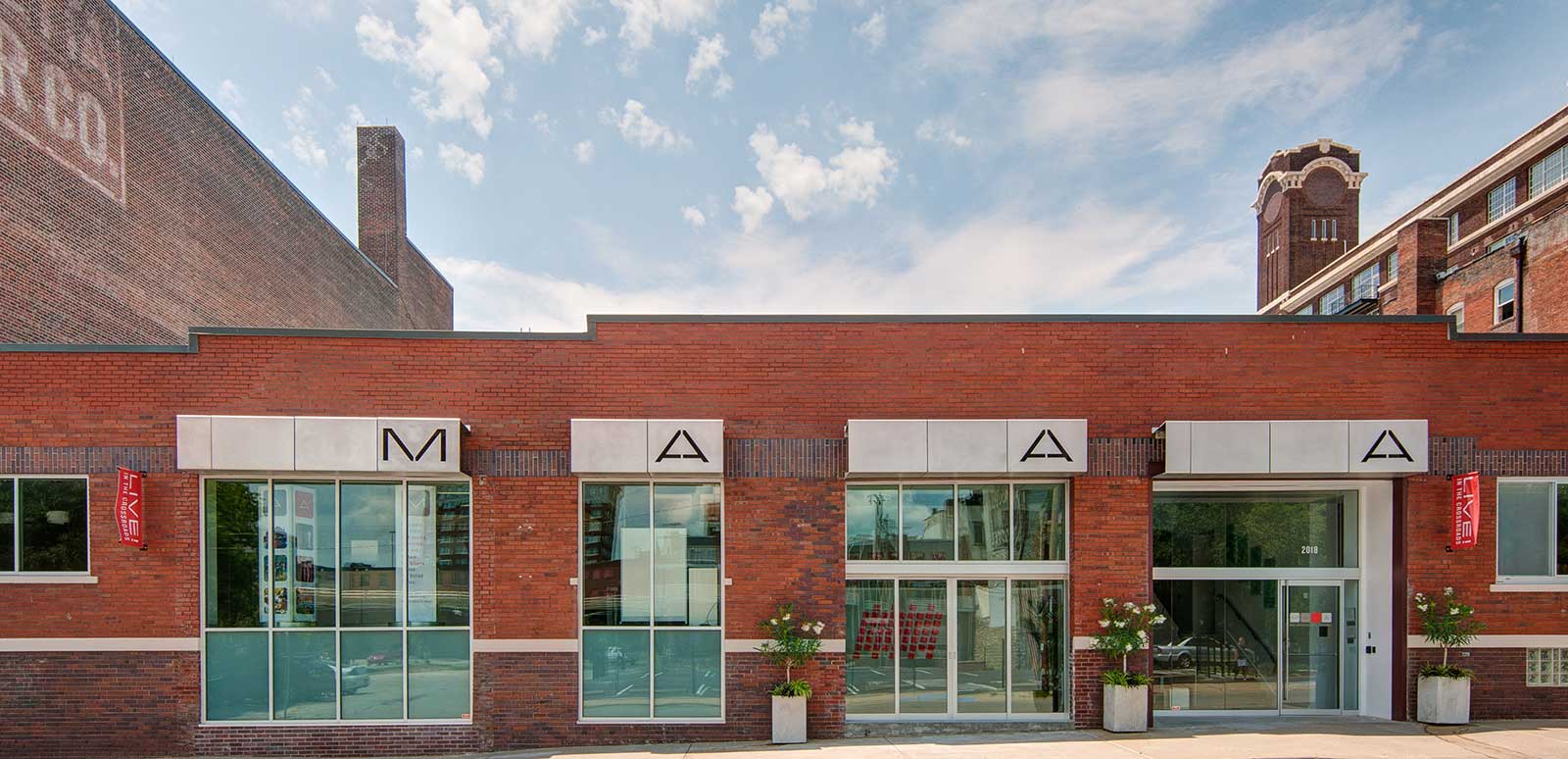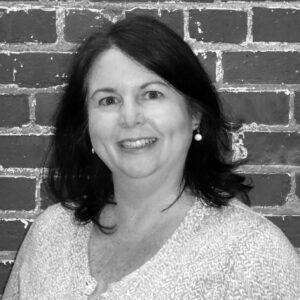Forgotten Stories September
By Margaret A. Keough

September: Poet Megan Kaminski
Forgotten Stories is a series featuring poets from the Mid-America Arts Alliance region. Each poet was asked to write about the forgotten stories of places, people, or histories from their states/regions. This may include people, places, or rituals/traditions that are no longer, or perhaps never, studied or discussed. Artists were encouraged to examine stories unique to the character and identity of their state.
New poems premiere on the first day of each month, playing audibly from 10:00 a.m. until 10:00 p.m. each day from August 2021 to January 2022. The poets’ words and voices will be presented through our outdoor audio system. The series is curated by noted poet Quraysh Ali Lansana and the Tulsa-based Tri-City Collective.
Megan Kaminski is a poet and essayist—and the author of three books of poetry, Gentlewomen (Noemi, 2020), Deep City (Noemi Press, 2015) and Desiring Map (Coconut Books, 2012). Prairie Divination, her forthcoming illustrated collection of essays + oracle deck (with artist L. Ann Wheeler), turns to the plants, animals, and geological features of the prairie ecosystem as guides for living in good relation to each other. An Associate Professor in English and Co-Director of the Global Grasslands CoLABorative at the University of Kansas, she specializes in poetry and poetics, plant studies, queer ecology, somatics, eco-arts practices, and the environmental humanities. She lives in Lawrence, Kansas.
Artist Statement
My writing focuses on connecting to our shared ecosystem as a source of knowledge and inspiration for strategies to live in the world, to grieve and heal after loss, and to re-align thinking towards kinship, community, and sustainability. I see poetry as a practice by which we think about and engage with the world—a practice that fuses lived experience with critical and creative inquiry, and a practice with transformative possibility.
In researching and thinking towards this project, it became clear that there are many more forgotten stories in the state of Kansas than I could ever document—and many that are not mine to tell. My hope is that these two poems will be an opening and an invitation to learn, share, and be in conversation around our various experiences and the stories we’ve inherited from those who came before. Moreover, I hope that in those stories we might find connection and to ways of being together that resist exploitative and extractive cultures that render individuals, communities, and land as disposable.
In thinking towards the two poems here, “Prairie Song” emerged out of my on-going relationships and research with the more-than-human persons of the tallgrass prairie ecosystem—as well as concerns from researchers that, as the result of global warming, parts of Kansas are beginning to see a return to dust bowl conditions. And I couldn’t help but hear contemporary echoes, both literal and figurative, in the story of the Amazon Army. I’m grateful for the archival work and scholarship of Linda O’Nelio Knoll and the Miners Hall Museum, which allowed my access to that story and the way into a poem that marks the centennial of the southeast Kansas women’s march. I see both of these forgotten stories as holding seeds towards the liberatory changes demanded by our present moment.


